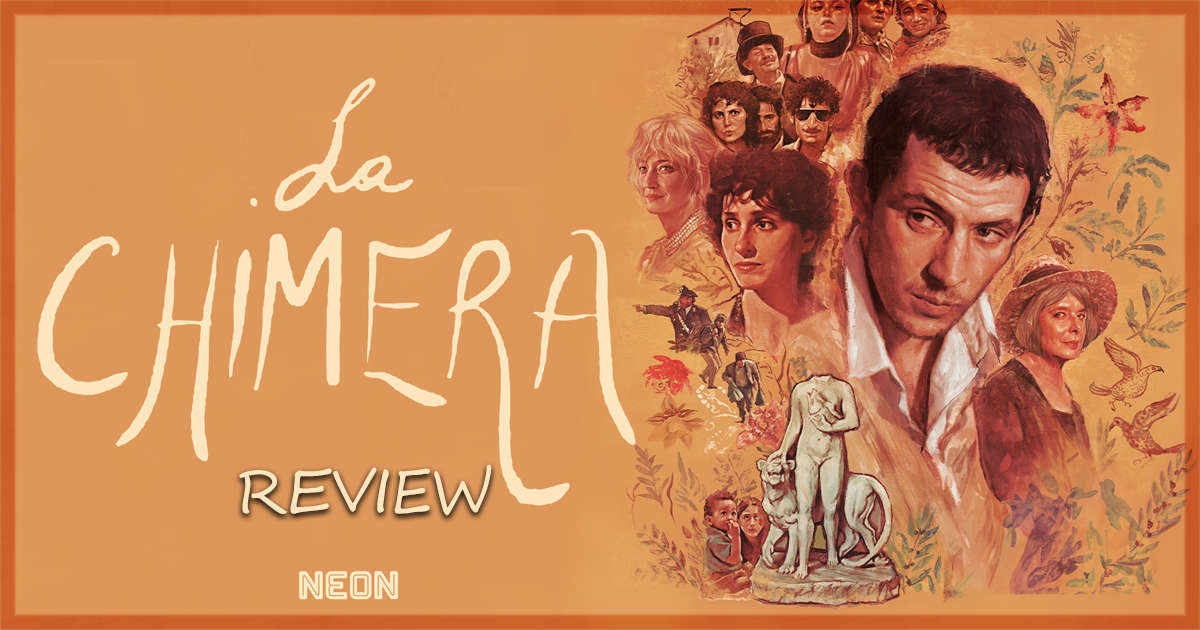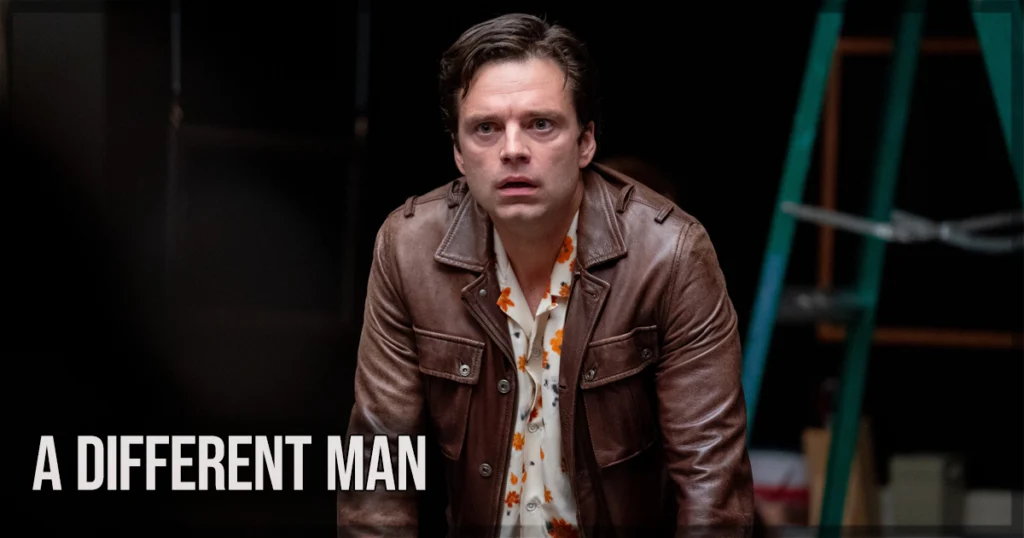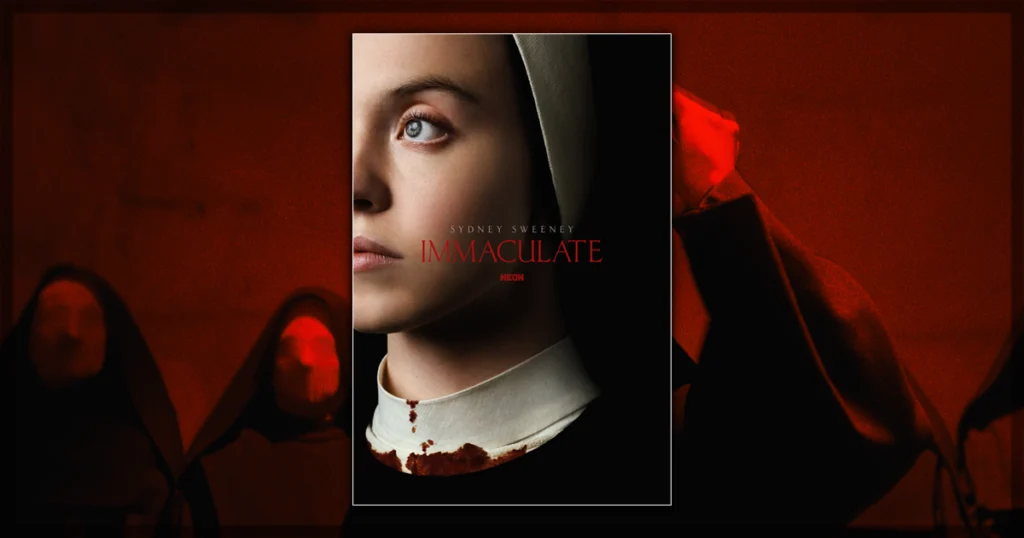La Chimera is a complicated film to describe, and not necessarily because the story itself is confounding, but because the occupation of our protagonist, Arthur (Josh O’Connor), bewilders all expectations. We meet him as he is recently released from prison and reunite with Sister Flora (Isabella Rossellini) as they await his wife, Beniamina’s (Yile Vianello) return.
[There are mild spoilers for La Chimera ahead.]
The story of La Chimera
We don’t know why Arthur has gone to prison when the film opens, but it doesn’t take long to realize why he was away. Arthur earns a living by robbing artifacts found in people’s graves and selling them to an art collector (Alba Rohrwacher), who auctions them off to museum curators. And he’s really good at his job, as shown in a scene where he can find an unmarked tomb just by following a rod as he walks around the woods.
However, Arthur wants to pull away from this life as he realizes what’s inside the graves isn’t meant for human eyes. This grows evident when he finds a massive statue inside an unmarked grave that’s treated in the same way as a David or a Venus de Milo, which the aforementioned collector is very excited to get in her possession. But this causes an inner conflict in Arthur, who begins to doubt the very fabric of his life as a criminal through a blossoming romance with Italia (Carol Duarte), Flora’s student/helper.
Those parts are the film’s strongest, both visually and thematically, with Rohrwacher and cinematographer Hélène Louvart superimposing written text of Italian worlds as Italia teaches Arthur to sign language, ultimately creating their form of quiet communication while Flora suspects nothing. Their blossoming love is strikingly visualized with a briskly edited montage as time passes and they grow closer to one another. In that specific moment, Duarte’s performance is quietly charming, slowly moving her way towards Arthur as he expresses restraint. He’s charmed by her presence, but her connection with Beniamina longs close in his mind (shown here through brief flashbacks with the two).
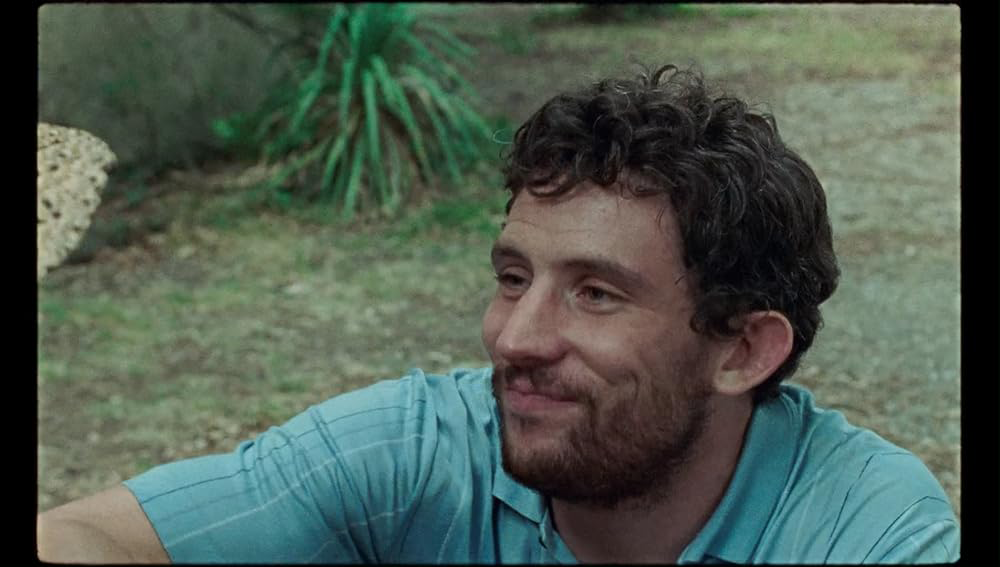
Arthur’s Epiphany in La Chimera
This dichotomy is at the heart of La Chimera, with Arthur not wanting to move on, thinking Beniamina will return, while Italia gets closer to him. The film’s best scene happens as their romance truly begins with Italia expressing herself on the dance floor (a better, more emotionally cogent dance scene than in Charlotte Wells’ Aftersun), making Arthur realize that he loves her. They immediately get closer to each other until Italia finds out how Arthur makes his money, as he has an almost spiritual epiphany feeling the statue of La Chimera at his feet (Rohrwacher juxtaposes a reverse-angle of Arthur on the grave before he passes out).
It’s also there where Rohrwacher’s visual poetry is at her most efficient, with an ever-changing camera showcasing Arthur’s immediate connection to these artifacts and how they slowly consume his behavior. Unfortunately, the rest of the film has a hard time finding its footing, not only through its thematic underpinnings but also in its visual language, which shifts from striking and evocative to unengaging and distant. This happens when Arthur’s epiphany translates into anguish, where Rohrwacher’s visual approach changes into a far less intriguing affair than the film initially introduced its world and characters in.
That doesn’t mean the entire film is bad, but its latter half lacks the dramatic (and romantic) tension that made Arthur’s journey intriguing. Rohrwacher ends her movie with the most potent final shot of her career, but it doesn’t have the same impact as it otherwise would have had the film not stopped its more spiritually charged images as Arthur realizes the error of his ways. When you establish an otherworldly connection between Arthur and the artifacts he steals, there’s never a moment when you’re allowed to pull back because that connection will always be there, no matter if Arthur himself backs away. Perhaps he wants a more stable life, which is understandable, but the boiling desire for discovery will always be in the back of his mind.
O’Connor and Duarte are the sole reason why you should care about La Chimera
O’Connor is unsurprisingly excellent as Arthur, representing all of these tonal and emotional shifts with incredible precision (perhaps it’ll be his year, with the release of Luca Guadagnino’s Challengers in just a few weeks). His chemistry with Duarte is slow, but the two create one of the most potent romantic stories in any film made this year and are the sole reason why anyone should give a damn with Rohrwacher’s often languishingly paced drama that contains a few moments of note, but not enough to make its viewing experience feel fulfilling.
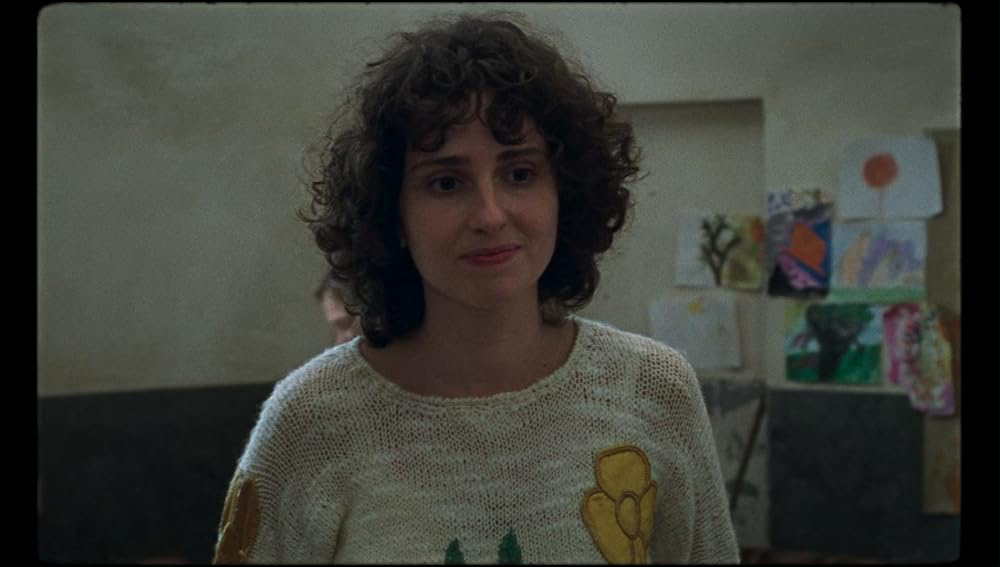
Rorhwacher is a gifted visual artist, as evident in La Chimera’s poetic, almost ethereal approach to visual storytelling. But she seemingly has a hard time connecting all of the thematic pieces together, even if its actors can fully represent a spiritual – and romantic – connection with the living and beyond. That’s why the final shot is so powerful: it encapsulates a resurrection of sorts for Arthur (trapped in a tomb with only a light emanating from the top of his eyes, slowly growing in size) as he begins his new life away from the strong, overwhelming (and illegal) job of graverobbing. It’s unfortunate that the journey to get to this point is wobbly, with occasional moments of inspiration lifting an otherwise dull – and hollow – center.
La Chimera is now in theaters.
Learn more about the film, including how to get tickets, at NEON’s website.
You might also like…
‘A Different Man’ Movie Review: Schimberg’s Fascinating Metatextual Black Satire
‘Immaculate’ Movie Review: Shocking Ending, Slow Start

